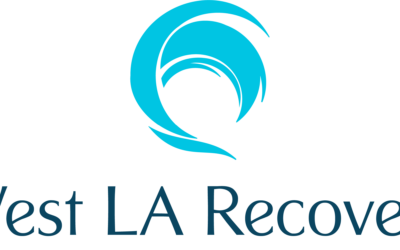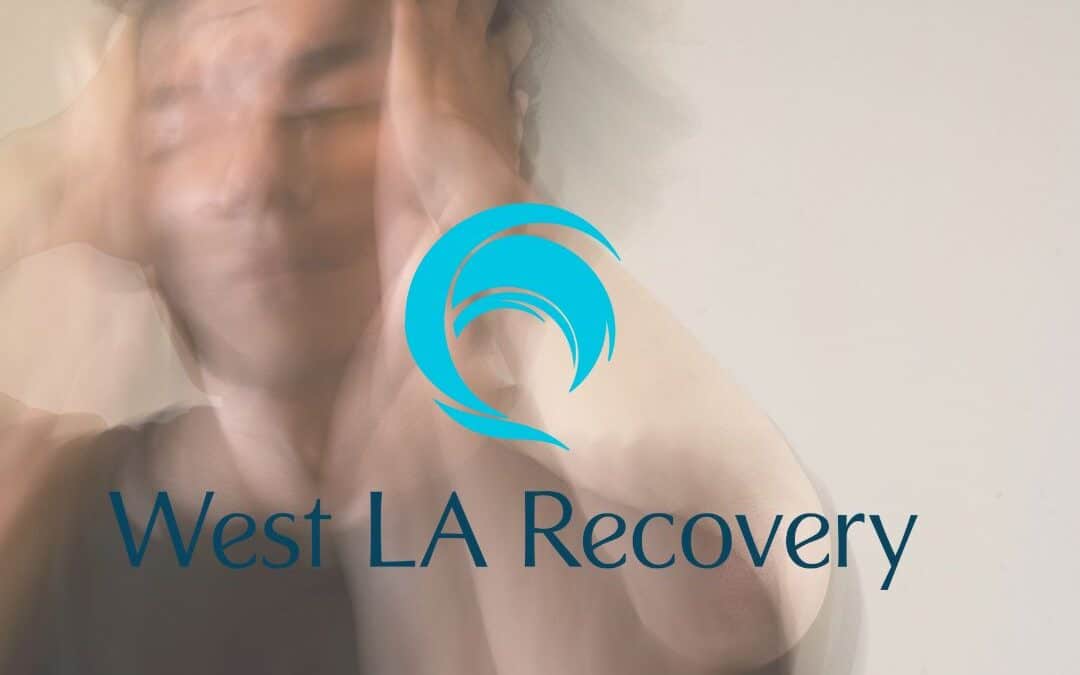The Importance of Balancing Work and Recovery

Maintaining a healthy balance between work and recovery creates a strong foundation for lasting sobriety. Your professional life can provide structure, purpose, and financial stability – essential elements that support your recovery journey. A well-balanced approach helps prevent the extremes that often trigger relapse: excessive stress from overworking or the isolation that comes from unemployment.
Challenges of Working While in Recovery
Working while in recovery presents unique challenges:
- Managing workplace stress without turning to substances
- Navigating professional relationships while maintaining sobriety
- Balancing therapy appointments with work schedules
- Dealing with potential triggers in the work environment
The Power of Sustainable Routines
Creating sustainable routines becomes your anchor in this journey. A structured daily schedule allows you to:
- Attend recovery meetings consistently
- Practice essential self-care activities
- Meet work responsibilities effectively
- Maintain regular sleep patterns
- Build healthy relationships with colleagues
Finding the Balance Between Professional Growth and Personal Healing
Your success in recovery depends on finding this sweet spot between professional growth and personal healing. When you establish clear boundaries and realistic expectations at work, you create space for both career advancement and recovery activities. This balanced approach strengthens your resilience against relapse triggers while fostering professional development.
Prioritizing Recovery Over Career Goals
However, it’s important to remember that your recovery needs to remain a priority even as you pursue career goals. A stable work life supports your sobriety journey, but pushing yourself too hard can jeopardize the progress you’ve made. To manage this delicate balance, consider seeking help from professionals who specialize in drug rehabilitation or recovery services. These experts can provide invaluable support as you navigate the complexities of maintaining employment during recovery.
Understanding Employment’s Role in Recovery
Additionally, understanding the concept of employment and recovery is crucial. A stable job can indeed aid in your recovery process by providing a sense of normalcy and purpose. However, it’s essential to approach this aspect of your life with caution and awareness of potential stressors.
Achieving a healthy balance between work and recovery is not just about managing time effectively; it’s also about understanding your personal limits and seeking help when necessary. By doing so, you can create a successful path towards lasting sobriety while also advancing in your professional life.
Recognizing Burnout in Recovery

Burnout in recovery presents unique challenges beyond typical work-related stress. You’re not just managing professional responsibilities – you’re actively maintaining your sobriety while rebuilding your life. This dual focus can create intense pressure, leading to physical and emotional exhaustion.
Key Signs of Recovery Burnout:
- Increased irritability with support systems
- Missing recovery meetings or therapy sessions
- Physical fatigue that sleep doesn’t resolve
- Loss of interest in recovery activities
- Difficulty concentrating at work or home
- Isolation from sober community members
Your body sends clear signals when burnout approaches. Physical symptoms include headaches, disrupted sleep patterns, and changes in appetite. Emotional indicators often surface as cynicism, detachment from recovery goals, or questioning the value of sobriety.
These warning signs demand immediate attention. Untreated burnout creates dangerous vulnerability to relapse triggers. The exhaustion weakens your coping mechanisms, while emotional detachment can lead to skipping crucial recovery practices. Recognizing these patterns early allows you to adjust your approach before reaching crisis points.
It’s important to understand that burnout in recovery can be mistaken for other issues such as depression. Therefore, identifying the specific signs of burnout is crucial for effective management and ensuring a successful recovery journey.
Setting Boundaries Between Work and Personal Life
Creating clear boundaries between work and recovery is essential for maintaining sobriety. A dedicated workspace helps your brain distinguish between professional responsibilities and personal time. Set up a specific area for work-related tasks, even if you’re working remotely.
Establish firm work hours:
- Turn off work notifications after your shift ends
- Use separate devices for work and personal life
- Create a shutdown ritual to signal the end of your workday
Your recovery needs protected time. Block specific hours for support group meetings, therapy sessions, and self-care activities. These appointments deserve the same priority as work meetings.
Communicate your boundaries effectively:
- Be direct with colleagues about your availability
- Use email signatures stating your working hours
- Set automatic replies during recovery-focused time
Remember: healthy boundaries protect both your professional success and your sobriety. When coworkers understand your limits, they’re more likely to respect them. Don’t hesitate to reinforce these boundaries if they start to blur – your recovery depends on maintaining this balance.
Flexible Work Arrangements to Support Recovery
Flexible work arrangements create vital opportunities for maintaining your recovery journey while building a successful career. Remote work options allow you to attend therapy sessions, support group meetings, and self-care activities without disrupting your work schedule.
Consider these work arrangements that support recovery:
- Adjusted Start Times: Schedule therapy appointments early morning or late afternoon
- Compressed Work Weeks: Complete full-time hours in fewer days
- Hybrid Schedules: Mix of office and remote days for balanced support
- Split Shifts: Break workday into segments around recovery activities
Many employers now understand the importance of workplace flexibility. Having an open discussion about your recovery needs can lead to customized arrangements that benefit both you and your organization. Your dedication to recovery often translates into increased productivity and reliability at work.
Remote work reduces common workplace stressors like commuting and office politics. You can create a controlled environment that minimizes triggers while maximizing your ability to respond to recovery needs as they arise.
Essential Self-Care Practices for Sustaining Recovery While Working

Self-care isn’t a luxury – it’s a vital component of your recovery journey while managing work responsibilities. Here’s how you can build a robust self-care routine:
Mindful Moments Throughout Your Day
- Practice 5-minute breathing exercises between work tasks
- Set phone reminders for quick meditation breaks
- Use lunch breaks for mindful walking or quiet reflection
- Try progressive muscle relaxation during stressful meetings
Physical Activity for Mental Strength
- Start your day with gentle stretching or yoga
- Take short walks during work breaks
- Join workplace wellness programs if available
- Schedule regular exercise sessions that fit your work schedule
Sleep and Nutrition Foundations
- Create a consistent bedtime routine
- Limit caffeine intake after midday
- Keep healthy snacks at your desk
- Meal prep on weekends to ensure balanced nutrition
Stress-Relief Techniques
- Practice grounding exercises when feeling overwhelmed
- Keep a stress journal to track triggers
- Use aromatherapy at your workspace
- Take regular screen breaks to rest your eyes
Remember to adjust these practices based on your work schedule and recovery needs. Small, consistent actions build powerful habits. Your self-care routine should feel supportive and sustainable, not like another item on your to-do list.
Building a Support Network at Work and Beyond
Creating a strong support system at work plays a vital role in maintaining your recovery journey. Sharing your recovery needs with trusted colleagues or supervisors can lead to better understanding and accommodation of your situation. Select individuals who demonstrate empathy and discretion, and communicate your needs clearly:
- Request flexible scheduling for recovery meetings
- Discuss workload adjustments during challenging periods
- Establish clear boundaries around work-related social events
External support groups provide additional strength to your recovery network. These groups offer:
- Peer connections who understand workplace challenges
- Strategies for managing work-related triggers
- Regular check-ins and accountability partnerships
Building a balanced social environment extends beyond the workplace. Consider these elements:
- Professional Networking: Connect with others in recovery who maintain successful careers
- Mentorship Opportunities: Seek guidance from individuals who’ve navigated similar paths
- Recovery-Friendly Activities: Join workplace wellness programs or sober social groups
Your workplace support system should complement your recovery goals. Identify colleagues who respect your journey and can offer support during challenging times. Remember that transparency about your needs creates opportunities for meaningful connections and understanding.
Developing relationships with both recovery-focused and professional contacts helps create a well-rounded support network. This dual approach strengthens your ability to maintain sobriety while advancing your career goals.
Monitoring Signs of Imbalance and Taking Action Early
Staying vigilant about your well-being helps prevent potential setbacks in your recovery journey. Watch for these key warning signs that indicate an unhealthy work-life balance:
Physical Warning Signs:
- Persistent fatigue despite adequate sleep
- Frequent headaches or muscle tension
- Changes in appetite or sleep patterns
- Increased susceptibility to illness
Professional Red Flags:
- Missing deadlines or making unusual mistakes
- Difficulty concentrating on tasks
- Decreased productivity
- Withdrawal from workplace interactions
Relationship Indicators:
- Skipping recovery meetings
- Canceling plans with supportive friends
- Increased irritability with coworkers
- Avoiding family commitments
Regular self-assessment helps you maintain stability. Set aside time each week to evaluate your:
- Energy levels
- Work performance
- Meeting attendance
- Social connections
- Recovery progress
When you notice these signs, take immediate action:
- Adjust your workload by delegating tasks
- Schedule additional recovery meetings
- Communicate your needs to your supervisor
- Reset your daily routine to prioritize self-care
- Book extra therapy sessions
Remember that recognizing these signs isn’t a setback – it’s a sign of strength and self-awareness in your recovery journey. Your ability to identify and address imbalances protects both your sobriety and professional success.
Seeking Professional Support When Needed
Professional support is crucial when you’re finding it hard to balance work and recovery. Our knowledgeable team at West LA Recovery knows the specific difficulties you encounter in juggling job responsibilities while staying sober.
We offer:
- Personalized counseling sessions that fit your work schedule
- Strategies for managing stress at work
- Support groups addressing recovery issues related to careers
- Tools to build resilience in high-pressure work environments
Your journey doesn’t have to be a solo endeavor. Local recovery programs, like our Intensive Outpatient Programs, can provide additional layers of support through:
- Career counseling services
- Peer support networks
- Skills development workshops
- Coaching on work-life balance
Ready to strengthen your recovery journey? Our specialized programs are designed to help you thrive both professionally and personally. Contact us to learn how we can support your path to lasting recovery while maintaining career success. We’re here to help you create a sustainable balance that works for your unique situation.







